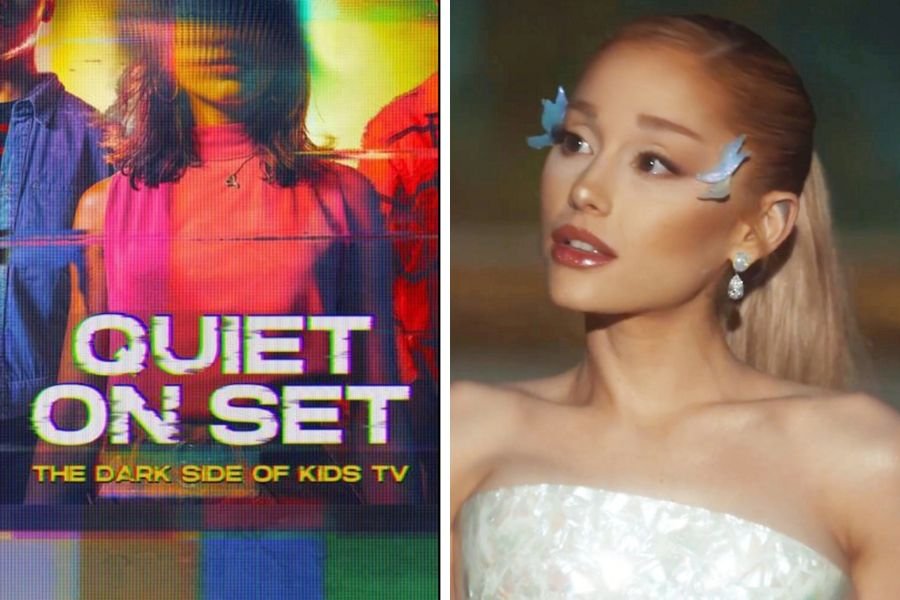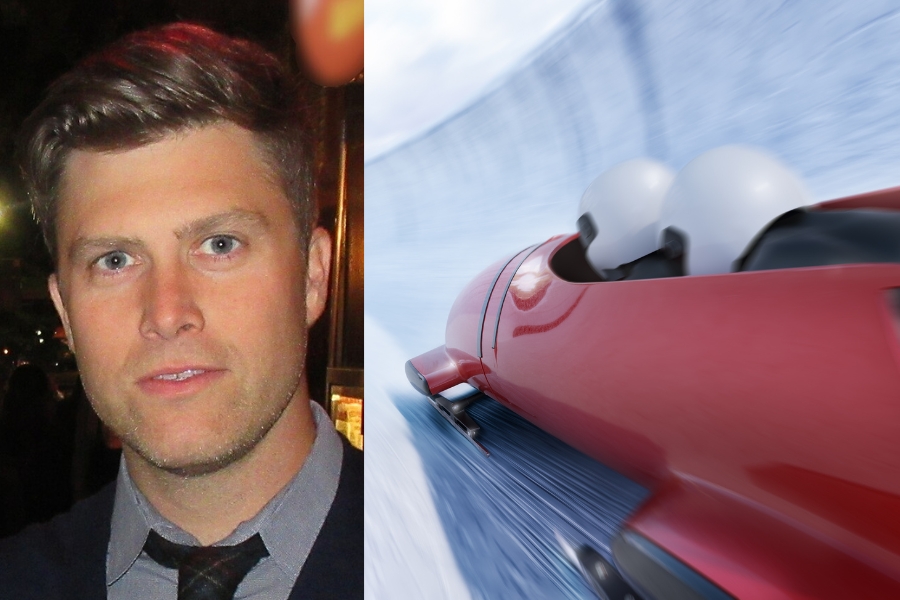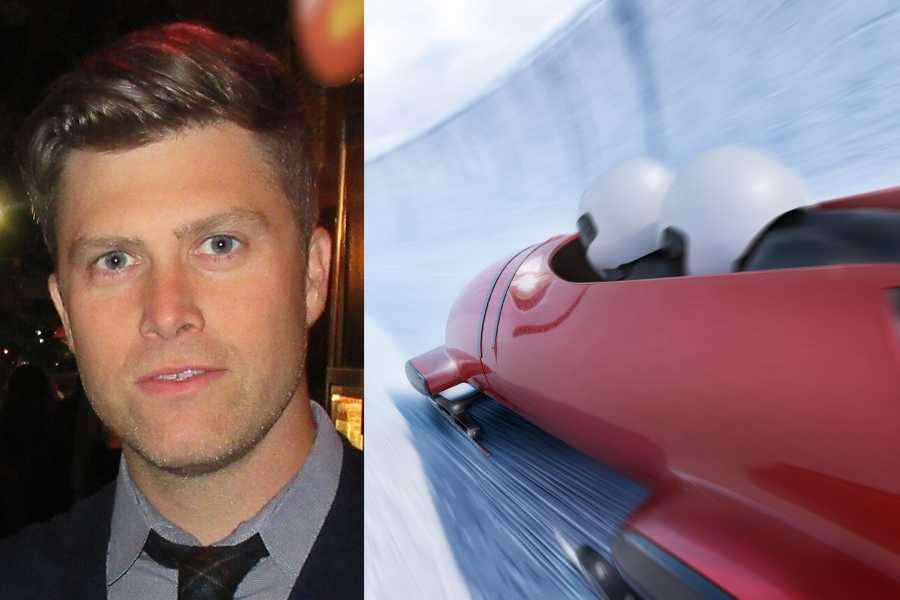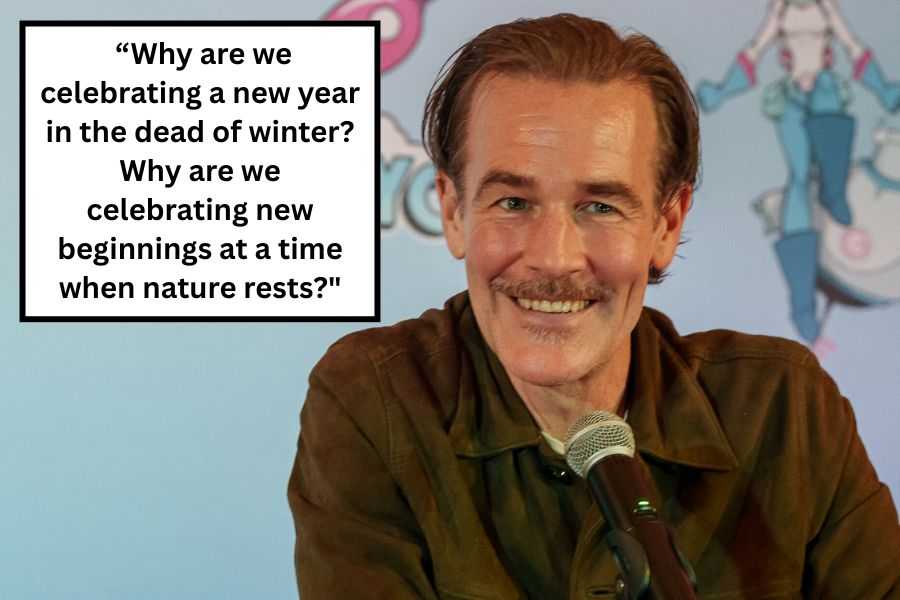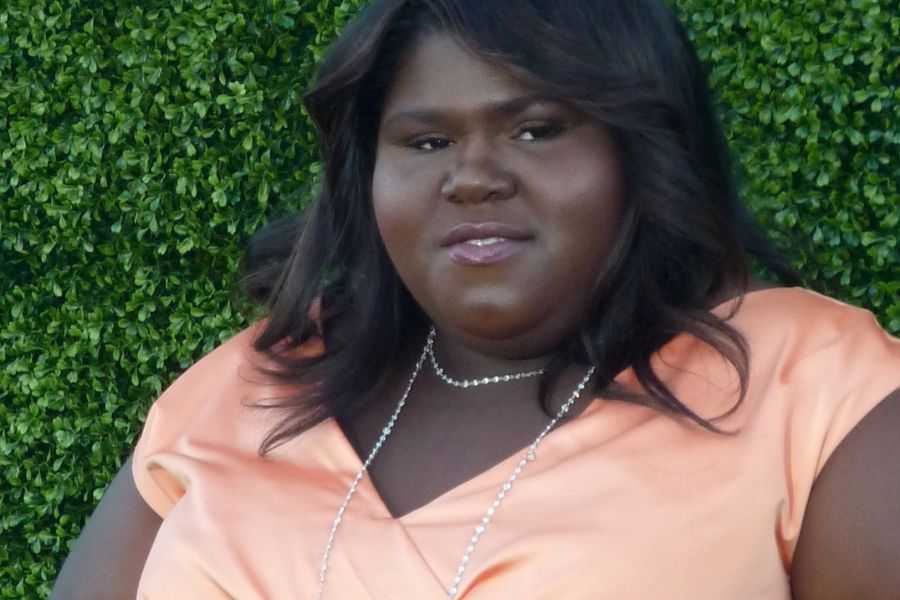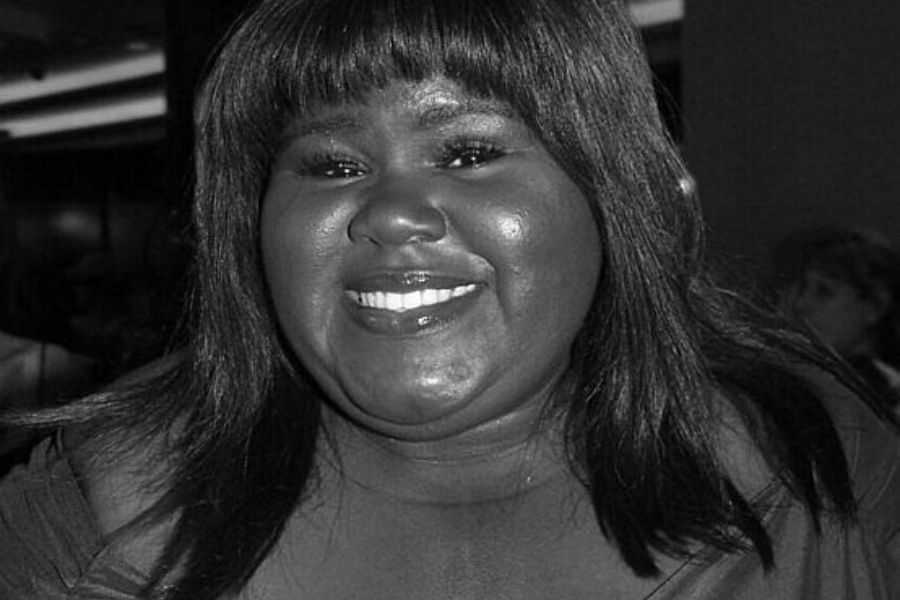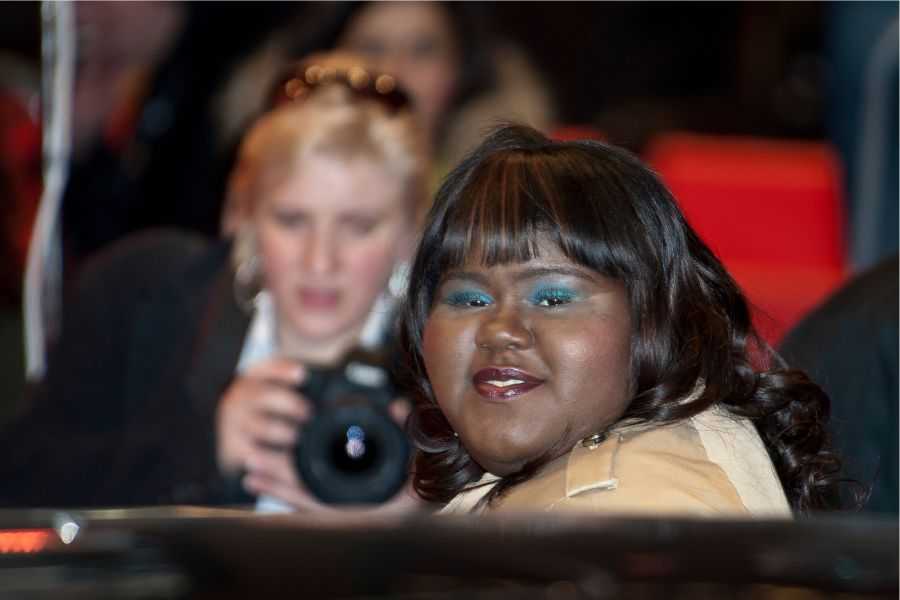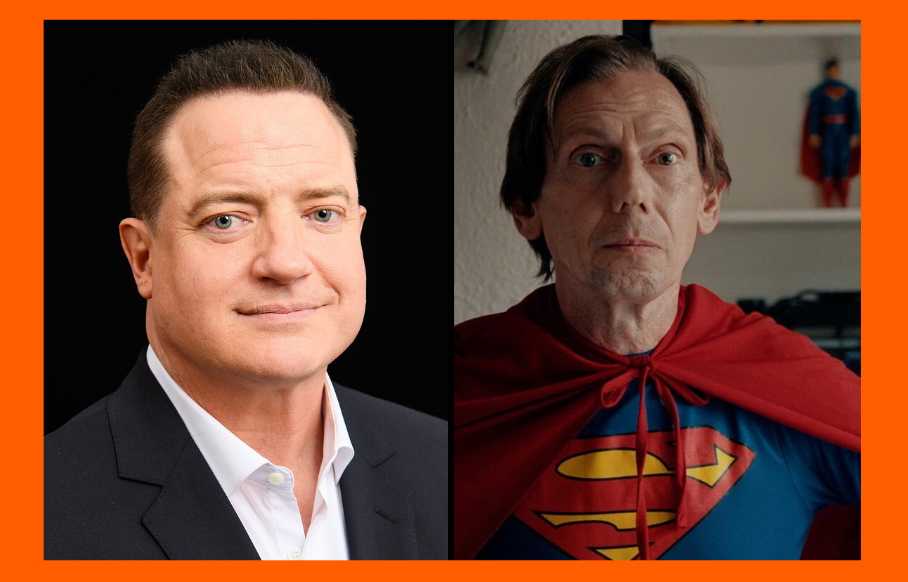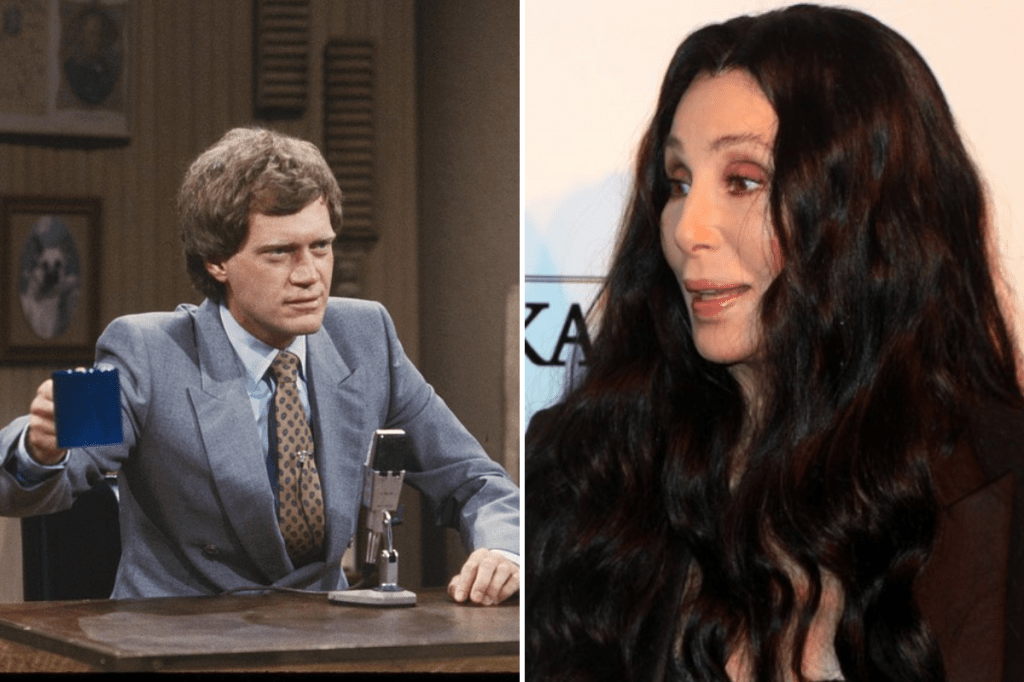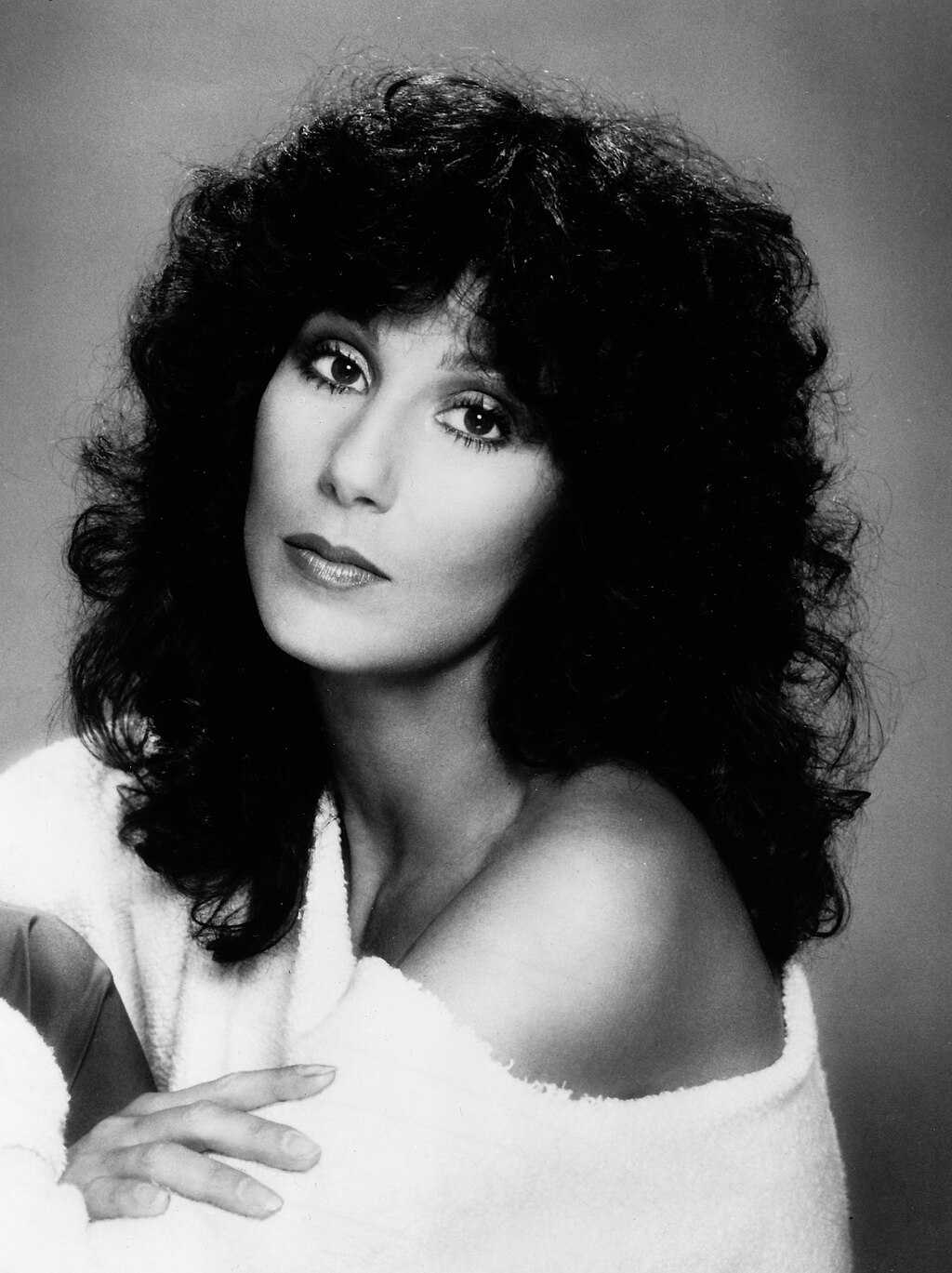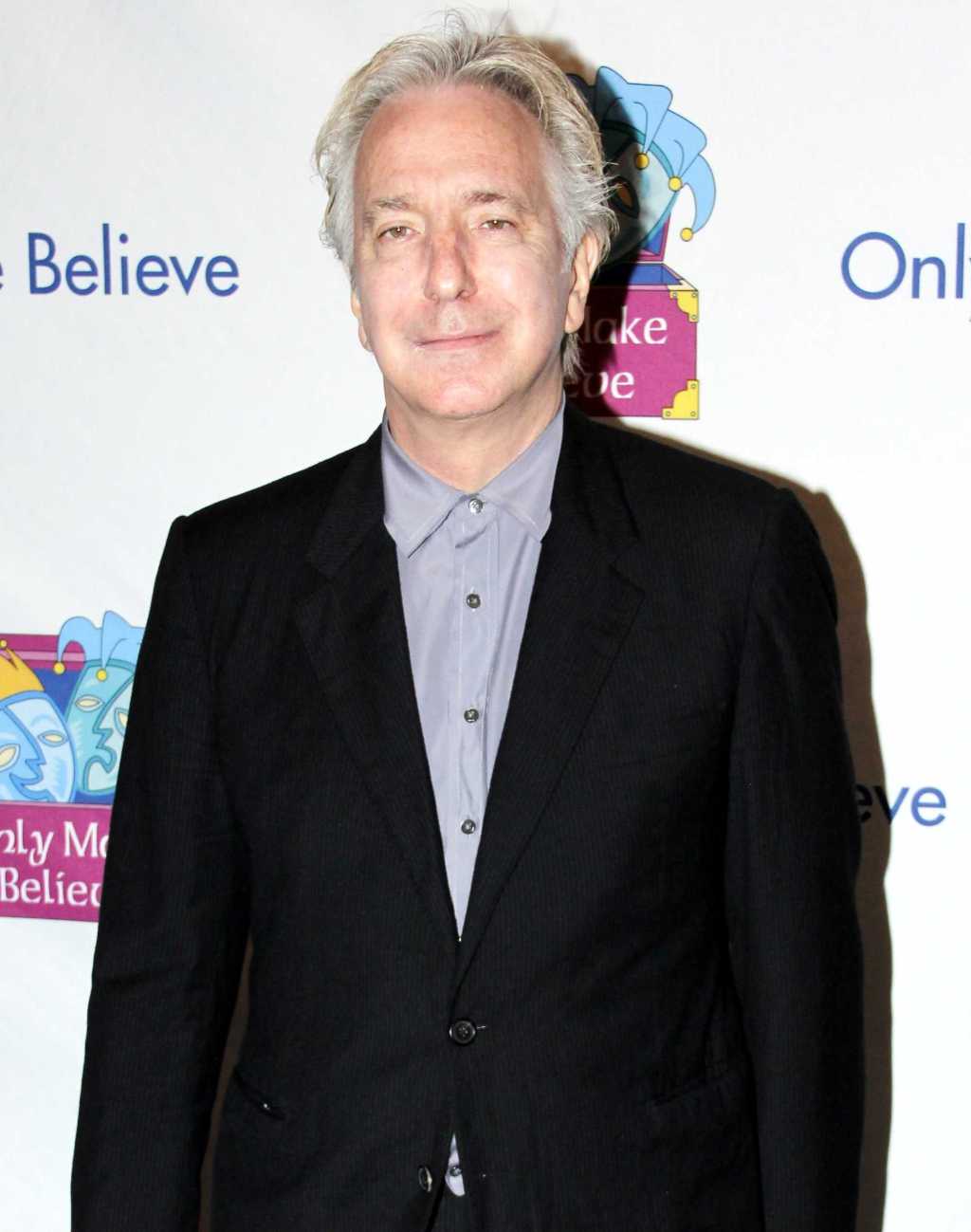Even in the healthiest of work environments, child actors are thrust into adult life before they’ve really had a chance to grow up. They don’t have the coping mechanisms for dealing with the stresses of fame, nor do they have the skills or authority to advocate for themselves when they are being abused.
The obvious answer to this problem is to provide protections for these kids. But let’s face it: exactly how to go about creating these protections isn’t so obvious. Hollywood is only just beginning to address these long-seated issues.However, Ariana Grande, certainly no stranger to the highs and lows of finding fame at a young age, recently suggested that one solution would be “mandatory therapy” for younger actors.
Grande, who got her big break on the Nickelodeon show “Victorious” when she was just 14, reflected on her time on the network while guest appearing on Penn Badgley’s Podcrushed podcast.
This interview comes not too long after the shocking revelations made in the docuseries “Quiet on Set: The Dark Side of Kids TV,” where former Nickelodeon stars accused former producer Dan Schnieder of a litany of abuses, including but not limited to sexual harassment and racism.
Grande did not appear on the docuseries, footage from “Victorious” was often used as an example of inappropriate content for children.
@discoveryplusuk It’s got everyone talking. #QuietOnSet #TheDarkSideOfKidsTV #nickelodeon #danschneider #90skids #arianagrande #amandabynes ♬ original sound – discoveryplusuk
“I think that’s something that we were convinced was the cool thing about us,” she reflected during the podcast. “That we pushed the envelope with our humor and innuendos. We were told — and convinced as well — that it was the cool differentiation. It all just happened so quickly and now looking back on some of the clips I’m like, ‘Thats… Damn, really?’”After “reprocessing” a lot of her experience around that time, she came to the conclusion that there should be “mandatory therapy” 2-3 times a week included in a young actors contract.
“There should be an element that is mandatory of therapy, a professional person to unpack what this experience of your life changing so drastically does to you at a young age,” she said, adding that this should probably be used for celebrities of all ages.
In addition, she thinks that “parents [should be] allowed to be wherever they want to be.”
“A lot of people don’t have the support that they need to get through performing at that level at such a young age. But also, dealing with some of the things that the survivors who have come forward [have]… There’s not a word for how devastating that is to hear about. So, I think the environment just needs to be made a lot safer all around.”
You can watch the podcast episode in full below:

